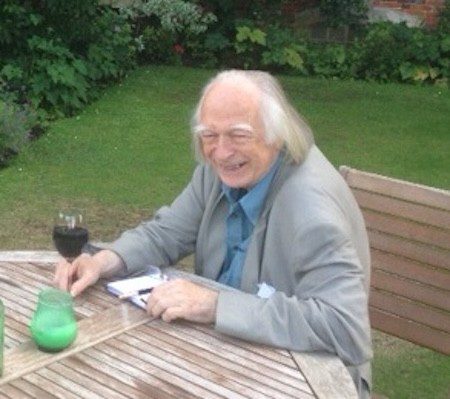Richard Dawkins gained fame as a New Atheist, but before that he was known for his contribution to evolutionary biology, arguing in his book The Selfish Gene that it isn’t so much organisms but genes that drive evolution by random natural selection. Dawkins’ dissertation examiner at Oxford was biophysicist Denis Noble, whose research has taken him in a different direction. He now maintains that evolution is not driven by randomness but by purpose, intentionality, and even cognition.
Forbes’ science reporter Andréa Morris tells about Noble’s work in her article Evolution May Be Purposeful And It’s Freaking Scientists Out. She writes:
The scientific story of who we are is a reductionist, gene-centric model that forfeits natural phenomena like purpose due to its association with intelligent design and a transcendent, intelligent designer. Noble is neutral on religious matters. Yet he sees compelling evidence that purpose may be fundamental to life. He’s determined to debunk the current scientific paradigm and replace the elevated importance of genes with something much more controversial. His efforts have enraged many of his peers but gained support from the next generation of origins-of-life researchers working to topple the reign of gene-centrism. If successful, the shift could not only transform how we classify, study and treat disease, but what it means to be alive.
Noble sees evidence of purposive and intentional evolution in our immune response to viruses. Detection of the invader triggers a flurry of rapid mutations in the genes of B cells, creating a legion of gene variants. These variants are antibodies, the most effective of which are deployed to combat the virus. In a defensive assault, the immune system self-modifies its own DNA. “It changes the genome. Not supposed to be possible,” says Noble. “Happens all the time.”
This is an alternative theory of evolution where cognition is fundamental. In this theory, the smallest unit of life—cells—have some version of intelligence and intent that allows them to detect and respond to their environment. Noble clocks the immune response as a goal-directed pattern of behavior at the cellular level that scales to every level of organization within a living system. He believes we’re working ourselves into a sweat to exclude something so essential to evolution and to life as purpose and intention.














